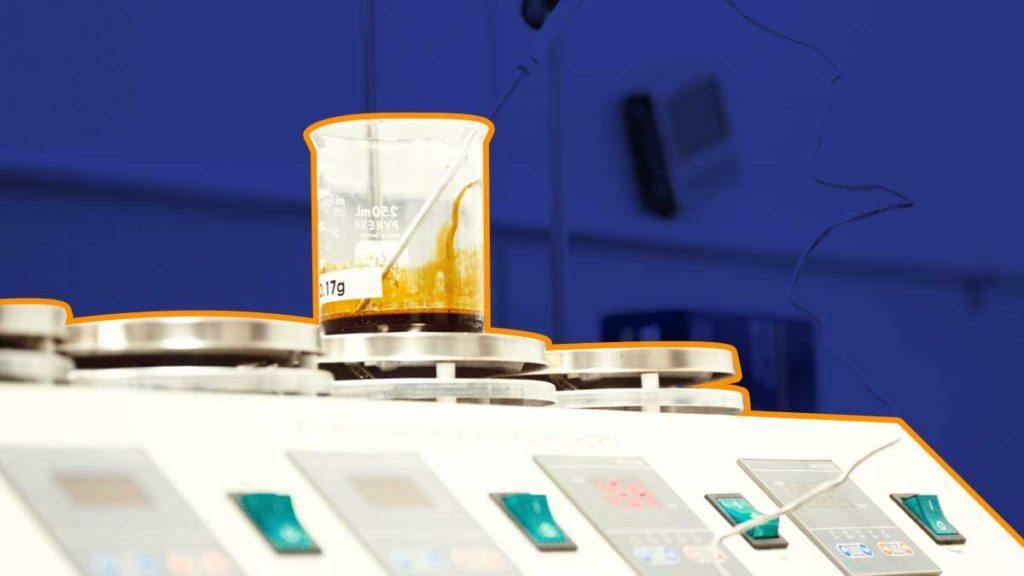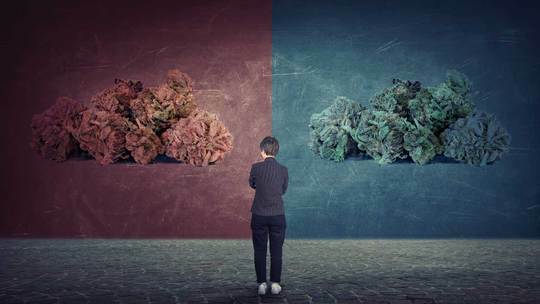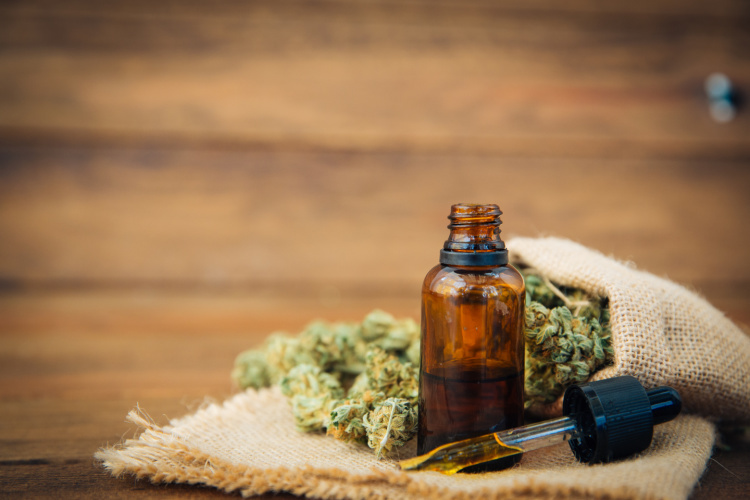
If you’re interested in the world of cannabis, you’re probably familiar with THC and CBD, the two principal cannabinoids—or “active ingredients”—in the cannabis plant. They’re a major factor in cannabis’ potential to relieve tired and sore muscles, among other common symptoms. And while you might think of them as closely related “cousins,” there are a number of important distinctions.
If you’re thinking of using CBD or THC for acute pain, today’s post is for you. In it, we’ll examine the different ways these two all-natural medicines work with our bodies, and suggest some specific products based on your specific needs and goals.
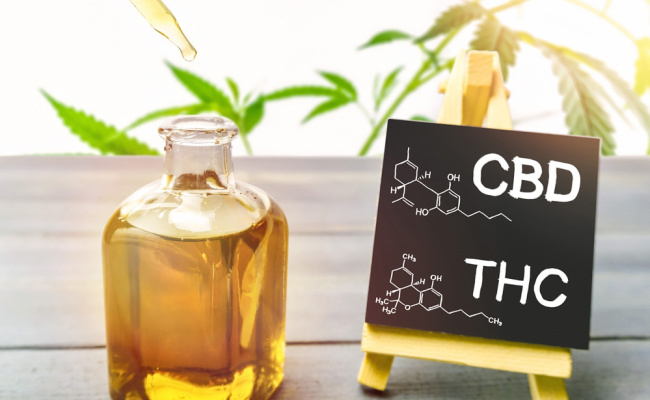
CBD vs THC: Understanding the Concept of Cannabinoids
The use of cannabis to fight discomfort and muscle soreness has a long history, dating back literally thousands of years. But while our ancestors weren’t aware of the mechanisms of the cannabinoids, the ancient physicians who prescribed cannabis were taking advantage of one of the cannabis plant’s distinct characteristics: Its cannabinoids, such as THC and CBD, work in different ways to elicit complementary and powerful medicinal effects. To understand why, it’s important to understand the endocannabinoid system (ECS). While the ECS wasn’t identified in humans until the 1990s, researchers now believe it’s one of the body’s principal regulatory networks.
The ECS relies on natural chemicals called endocannabinoids. While these compounds are produced by the body, they’re similar to those produced by the cannabis plant. The neurotransmitter anandamide, for instance, is in many ways analogous to THC in its euphoric, discomfort easing, and other effects.
In essence, cannabinoids in cannabis are thought to be so effective because they “speak the same language” as the body’s own chemical signals. Some researchers believe that this is a key to understanding why cannabis helps modulate our bodies’ natural responses to soreness and strain.
Let’s dive a bit deeper into the question of which cannabinoid is better for relieving tired muscles and why.
THC Pain Relief: A Little Euphoria Goes a Long Way
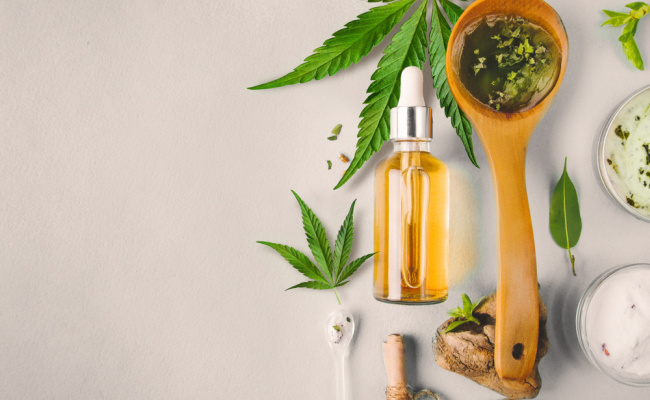
THC is the cannabinoid associated with that distinctive “high,” and that sensation can help reduce the sensation of discomfort associated with muscle strain. But as we’ve written previously, it imparts many other benefits as well. Research shows that THC helps us work through soreness and strain in several ways, both by potentially reducing inflammation at injury sites and by modulating signals of distress as they travel through the spinal cord to the brain.
If you’re not distracted by that psychoactivity, products such as capsules or edibles that contain a THC/CBD blend are great treatment options for sore muscles. In fact, the combination of the two cannabinoids is a big part of our ethos for THC products here at Papa & Barkley. Some preliminary evidence has emerged to support the hypothesis that many researchers have long suspected: These two cannabinoids, when used in concert, can elicit even more powerful effects than they do on their own.
What’s more, our famous topicals—even those that contain THC—don’t impart intoxicating effects. They’re a great way to address muscle strain while remaining alert.
CBD Oil for Pain: Fast, Clear-Headed Relief from Symptoms
Then there’s CBD, the “second cannabinoid” in the cannabis plant. While CBD is a cannabinoid just like THC, it interfaces with our endocannabinoid system in different ways. This means that—in addition to imparting at most a very mild and slightly energizing psychoactivity—it addresses sore and strained muscles in different ways than THC. As we mentioned earlier, it’s especially effective when combined with THC, but CBD can also be highly effective on its own.
Derived either from cannabis or its cousin the hemp plant, CBD is widely available across the United States. We use whole-plant hemp flowers carefully grown in California and Vermont to craft our line of CBD products, which includes fast-acting topicals, drops, and other items. If you’re interested in exploring the world of CBD, here’s an easy way to get started.
CBD vs THC for Pain: Wrapping Up
Whichever symptoms you may be feeling, we’re hopeful that our handcrafted cannabis products can offer gentle and sustainable relief.
Do you have any other questions about how to use our cannabis products? Just ask! We’d love to help you feel your best!




